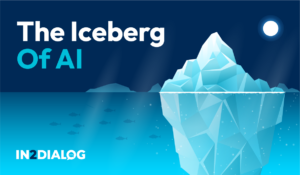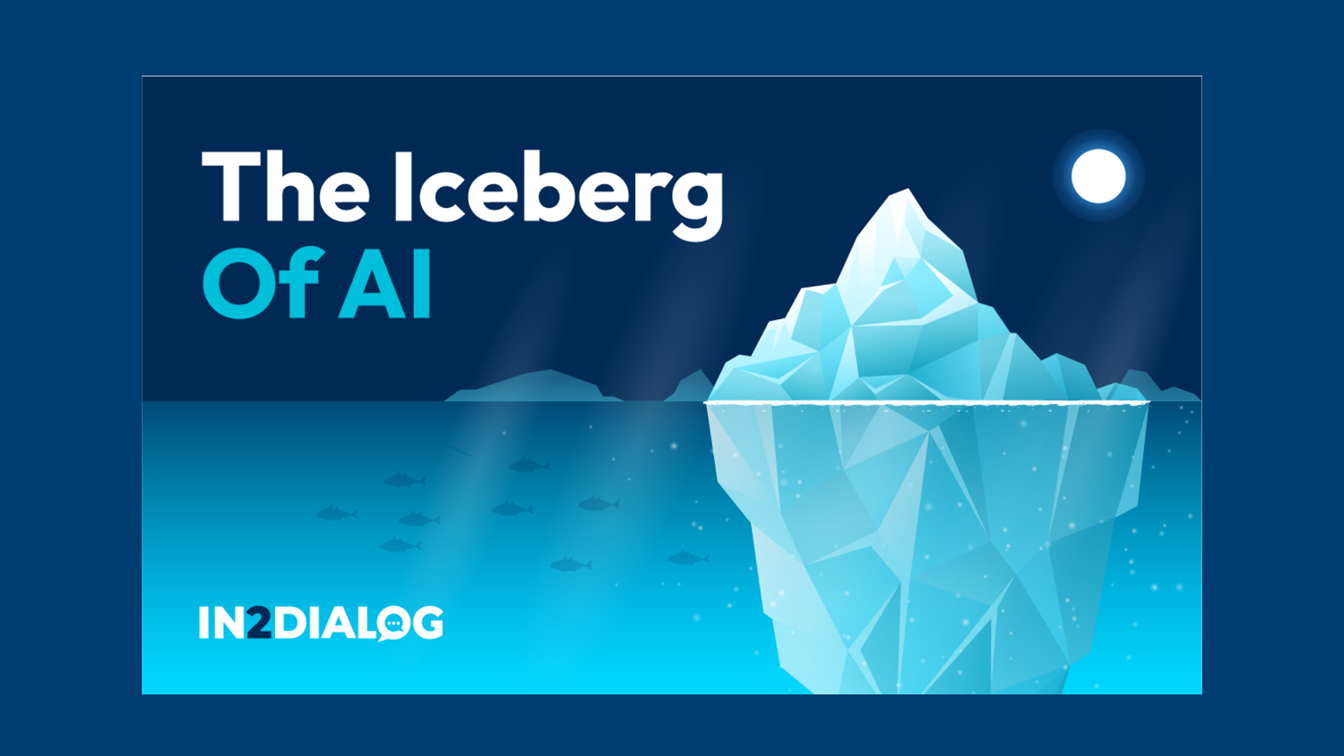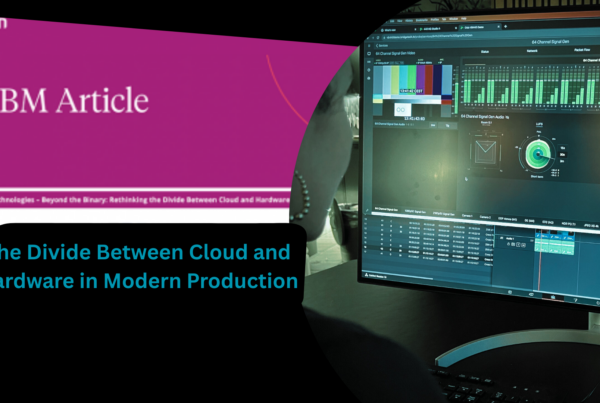How Artificial Intelligence is Transforming Recruitment
AI (artificial intelligence) has now become an entirely mainstream concept. With the constant barrage of articles and messages we encounter daily, it can be easy to assume that we understand Artificial intelligence (AI) in its fullness; what it can do, where it can be applied, and what its implications are.
In truth though, we are only scratching the surface of its potential, particularly in the field of recruitment. According to Roderick Bronzwaer, an industrial and organisational psychologist and co-founder of In2Dialog, we are only just glimpsing the transformational power of AI as it applies to staffing and talent acquisition.
In this month’s blog, we delve deeper into the role of AI, exploring practical applications and the unseen layers of this technology.
AI in Recruitment: A New Reality
Recruitment is a field where human interaction meets technology. AI enhances this interplay by automating routine tasks and offering deeper insights. What was once a tool for basic analytics has now evolved into powerful systems capable of generating content, analysing conversations, and even predicting human behaviour.
According to Bronzwaer, we are in a transitional phase: “We’re halfway through adoption,” he explains. “What we see now is just the beginning, as AI will completely redefine recruitment in the coming years.”
A Leap Forward
 AI is not a singular, monolithic concept but rather an umbrella term encompassing various applications and approaches to working with data. Whilst generative AI, such as ChatGPT, is perhaps the most recognisable form, AI exists in many shapes and sizes—not all of which are immediately apparent. These include both predictive analytics for the identification of trends and patterns – even whether a candidate is likely to succeed in a role – and deep learning, analysing complex, unstructured data such as vocal tone and language use to gain insights about candidates.
AI is not a singular, monolithic concept but rather an umbrella term encompassing various applications and approaches to working with data. Whilst generative AI, such as ChatGPT, is perhaps the most recognisable form, AI exists in many shapes and sizes—not all of which are immediately apparent. These include both predictive analytics for the identification of trends and patterns – even whether a candidate is likely to succeed in a role – and deep learning, analysing complex, unstructured data such as vocal tone and language use to gain insights about candidates.
The Tip of the Iceberg: What We See Now
For many, the most apparent benefits of AI are its time and cost-saving capabilities. And certainly, these should not be underestimated – in the field of recruitment specifically, AI reduces time spent on repetitive tasks such as automatic note-taking, report generation, CV screening, and job post optimisation.
Crucially, by automating these tasks, AI doesn’t just promote efficiency, but creates room for more strategic work. As Bronzwaer notes: “AI reduces the administrative burden so that you can focus on the human aspect.”
Yet AI’s true potential lies far beyond these surface-level applications. Its greatest strength lies in deeper, more complex functionalities that elevate recruitment practices. It has the potential to augment recruitment practices from end-to-end, providing decision-makers with more relevant information, more nuanced understanding and ultimately, greater insight.
How AI helps us dive deeper
So how does AI deliver these benefits? One of the most powerful tools in its arsenal is Conversational Data Analysis. This doesn’t just involve summarising key points and setting out the content of the conversation, but analysing its form to give even deeper insight into the character, nature and motivation of the candidate. AI can assess things such as conversation balance – who is speaking, and for how long? It can also evaluate question type, to identify whether open and engaging questions are being asked. And it even evaluates emotional tone, giving added insight into the candidate’s motivation, enthusiasm and confidence, or even their stress levels. After all, a lot of the time, it’s not what you say, but how you say it.
Indeed, how you say things matters particularly in the case of language style matching. Language styles can predict how well people work together, and research shows that when two individuals share a similar communication style, they are more likely to collaborate effectively. AI can recognise these patterns and use them to create better matches between candidates and employers.
Improving matches, Improving performance
Crucially, AI’s conversation analysis isn’t limited to candidates – it can also be applied to the recruiters themselves. This gives management insight into the performance of their recruiting team, helping recruiters improve and refine their interview techniques. It can even provide real-time alerts, for instance, by prompting recruiters to ask more open-ended questions, or by suggesting follow-up questions and next steps.
Moreover, AI undertakes all of these activities objectively, which is key for bias reduction in the recruitment process. Even the most professional of recruiters carry subconscious biases and preferences – AI can help recruiters to identify and mitigate these, producing consistent, standardised reports that make comparing candidates easier and fairer
Interestingly though, just like people, AI isn’t infallible – it can develop biases too. As Bronzwaer warns: “Garbage in, garbage out”. In essence, the success of AI depends on the quality of the data it is trained on. This is why In2Dialog collaborates with universities and ethical committees to ensure their models are not only accurate but also fair.
AI as an Assistant and an Ally, Not a Replacement
AI represents more than a tool; it’s a transformative way of approach recruitment. It’s not just about working faster but also smarter, and those who embrace it can make better matches, reduce bias, learn from their own processes and focus on strategic tasks and personal interactions.
However, as Bronzwaer stresses, AI will never replace human recruiters. “We are on an exciting journey where technology helps us specialise in the enjoyable aspects of our work.” AI provides insights, but it’s the recruiter who interprets and applies them. It remains the recruiter’s responsibility to build meaningful relationships, show empathy and develop trust – still the most crucial components of an effective recruitment operation.
As Bronzwaer puts it: “AI is not a destination but an ally on the journey to a better way of working”. For recruiters, AI offers the chance to work more efficiently, gain deeper insights, and create fairer selection processes. At the same time, the human element remains the key to success. Together, technology and humanity can form a powerful synergy.





